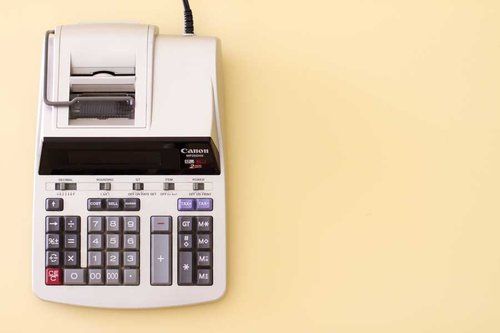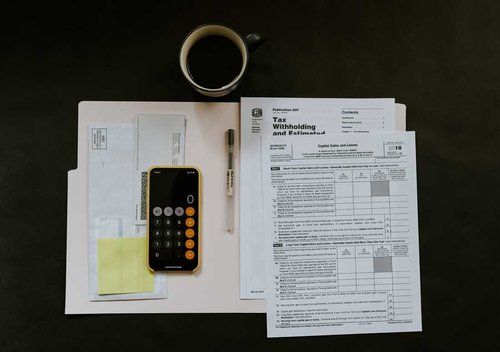office EOFY:7 Ways to maximise your business hardware & software tax deductions
End of Financial Year (EOFY) provides you an excellent opportunity to review your finances in detail and implement smart financial practices. Take time to assess your business' financial position so you can plan smarter for the coming financial year.
While at it, be sure to investigate what deductions you may be able to claim to lower your tax liability. Areas worth looking at for possible tax deductions include:
-
Software tax deduction
-
Hardware tax deductions
-
Business websites
-
Car expenses
-
Diesel fuel expenses
-
Travel expenses
-
Running your business from home
-
Use of office equipment
Here are 7 strategies to maximise your small business tax deductions:
1.Seek Capital Gain Concessions (CGT)
While selling a small business asset, such as shares, exposes you to capital gains tax (CGT),you may also be eligible for CGT concessions if you meet certain criteria.. For example, you may defer CGT on an asset for a year by not including the gain in your revenue unless circumstances change, causing a CGT event to take place. Disposing of assets may also result in capital losses, which may be big enough to offset capital gains registered.
2. Claim Tax Deductions for Your Home Office
Are you a 24/7 home-based enterprise, or do you sometimes operate your business from home? The expenses you incur in such enterprise operations may qualify for tax deductions. These include:

- Heating, cooling, and lighting
- Cleaning expenses
- Capital costs for buying home office equipment (such as computers), furniture, and fittings
- Operating expenses, such as buying computer or printer consumables and home business phone and internet costs
Any home-based small business equipment with a capital cost of $300 or less qualifies for an immediate tax deduction. For item costs more than $300, you may claim a deduction for its gradual drop in value.
3. Speed Up your Tax Deductions for Prepaid Expenses
You can reduce your tax liabilities in this financial year by accelerating deductions for prepaid expenses you'll incur the following year. It's a rewarding tax planning strategy for a small business with some cash to spare.
4. Donate to a Charity
Give your tax refund a boost when you make a charitable donation worth more than $2. For a donation to be tax-deductible, the beneficiary must be an organisation recognised as a Deductible Gift Recipient (DGR).
You can check whether your charity of choice is a DGR organisation by searching the Australian Business Register.
5. Buy a Depreciating Asset to Qualify for the $20,000 Instant Tax Write Off
If your business has a turnover of $10 million or less, you may qualify for instant tax deduction from asset purchases below $20,000.
This includes office furniture, company vehicles, and IT hardware. The government will write off the entire depreciated cost immediately, rather than gradually over several years.
6. Claim Sole Trader Tax Write-Offs
If you're a sole proprietorship, you may qualify for tax deductions specific to your business structure and industry. You can claim these write-offs in your personal tax returns for the past 12 months. Note that you must base such claims on expenses directly related to your business operations.
Sole traders' operating costs that may qualify for tax deduction include:
- Marketing and advertising
- Bad debts
- Vehicle expenses
- Business travel insurance
- Business communication costs (telephone, internet, etc.)
You may go to ATO's myDeductions app to work out your sole trader deductions for the current financial year. Record your business revenue and expenses for the tax year in the application.

7. Document Business Expenditure to Maximise Your Tax Deductions
The ATO will require evidence of business expenditure before it can approve your tax deduction claims. So, be sure to document all relevant outlays. Have your receipts (including for that work briefcase you bought), utility bills, bank/credit card statements, and other written evidence ready to back your claims.
It's equally important that you reach out to a tax adviser. Speaking to a qualified financial expert can help you be smart in preparation for the upcoming tax season. With professional assistance, you can quickly identify tax planning opportunities and maximise your business hardware or software tax deductions.
Getting your current EOFY obligations right is essential to transitioning into the coming year on the right footing. It helps to secure your business' financial position as you strategise to get the most out of your deductible tax expenses.
